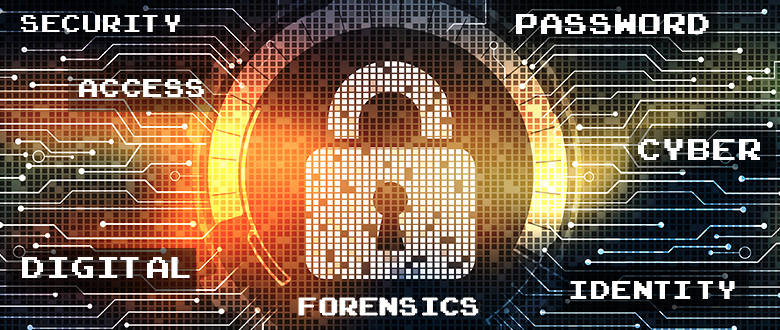Dictionary attacks are among the most effective ones because they rely on the human nature. It is human nature to select passwords that are easily memoizable, like their pet names, dates of birth, football teams or whatever. BBC counted 171,146 words in the English dictionary, while a typical native speaker (of any language) knows 15,000 to 20,000 word families (lemmas, or root words and inflections). Whatever the attack speed is, it will not take too much time to check all the English words.
According to surveys, the average English-speaking consumer maintains around 27 online accounts. Memorizing 27 unique, cryptographically secure passwords is nearly impossible for a person one could reasonably call “average”. As a result, the average person tends to reuse passwords, which means that a single password (or its simple variations) can be used to protect multiple online accounts and services. The same passwords are very likely to be chosen to protect access to offline resources such as encrypted archives and documents. In fact, several independent researches published between 2012 and 2016 suggest that between 59 and 61 per cent of consumers reuse passwords.
This article opens a new series dedicated to breaking passwords. It’s no secret that simply getting a good password recovery tool is not enough to successfully break a given password. Brute-force attacks are inefficient for modern formats (e.g. encrypted Office 2013 documents), while using general dictionaries can still be too much for speedy attacks and too little to actually work. In this article, we’ll discuss the first of the two relatively unknown vectors of attack that can potentially break 30 to 70 per cent of real-world passwords in a matter of minutes. The second method will be described in the follow-up article. (more…)
How many passwords does an average Joe or Jane has to remember? Obviously, it’s not just one or two. Security requirements vary among online services, accounts and applications, allowing (or disallowing) certain passwords. Seven years ago, Microsoft determined in a study that an average user had 6.5 Web passwords, each of which is shared across about four different websites. They’ve also determined that, back then, each user had about 25 accounts that required passwords, and typed an average of 8 passwords per day.
Strong passwords are mutated passwords. Everyone who publishes recommendations on creating secure password says that you have to use both upper- and lower-case letters and inject some tricky special characters. Such recommendations may result in p@$$words and pAsswOrds, and p_a_s_s_w_o_r_d_s. The fact is that modern password recovery software uses dictionary attack to get one’s password back. Dictionary attack means searching lists of dictionary words and common phrases that can be found on the Internet or delivered with the software. It is easy to grab that dictionary words and word phrases make bad passwords, but one has to understand that adding special characters to these words and phrases does’t do them any good. Such password can be easily cracked when smart mutations option is on.


